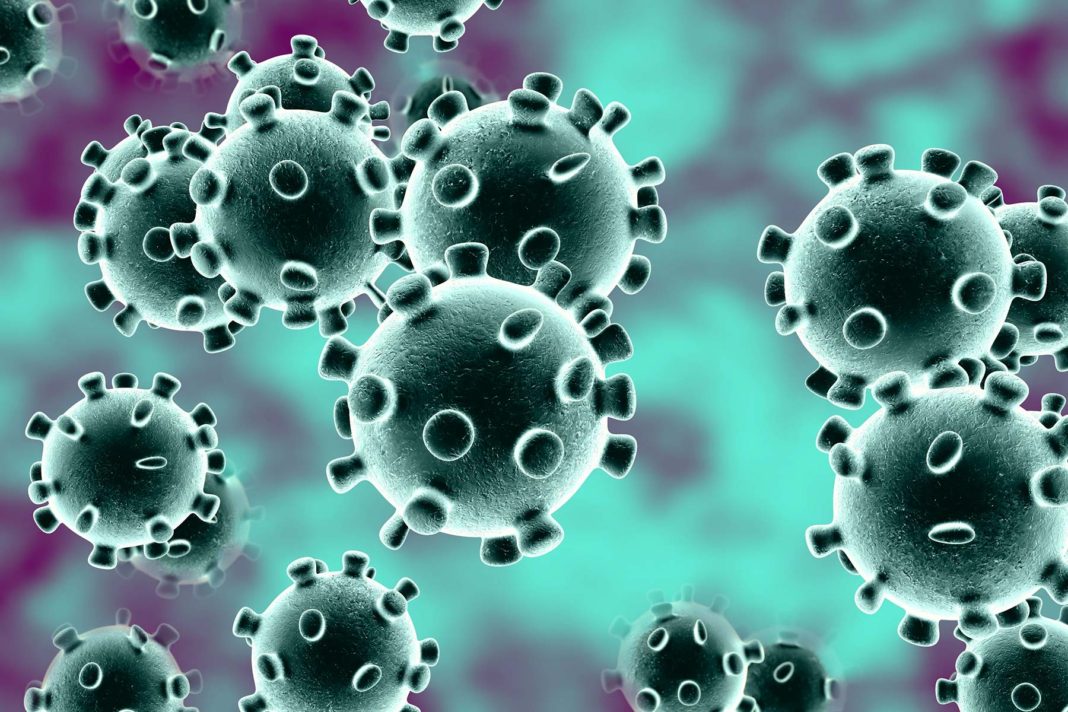The World Bank Group says it would assist developing countries to the tune of $12 billion to purchase and develop COVID-19 vaccines.
The initiative is part of efforts towards restoring health situations badly affected by the ravaging pandemic.
The World Bank Group President, David Malpass, disclosed this during plenary Thursday at the ongoing 2020 Annual Meetings of the World Bank/IMF.
The event is holding virtually in line with protocols to check the spread of the COVID-19 pandemic.
He said COVID-19 pandemic’s toll had been enormous and that people in the poorest countries were likely to suffer the longest and hardest.
Malpass noted that the crisis had knocked more economies into simultaneous recession than at any time more than a century.
He warned that the pandemic could lead to a lost decade characterized by weak growth, a collapse in health and education systems, and a new round of sovereign-debt crises.
“The COVID-19 pandemic’s toll has been enormous, and people in the poorest countries are likely to suffer the longest and hardest.
“The crisis has knocked more economies into simultaneous recession than at any time since 1870, and it could lead to a lost decade characterized by weak growth, a collapse in many health and education systems, and a new round of sovereign-debt crises,” the World Bank boss said during plenary Thursday.
Malpass said the World Bank Group responded to the pandemic in a comprehensive approach that focused on saving lives, protecting the poor and vulnerable.
He said the approach also represents the Group’s action aimed at working towards sustainable business growth and rebuilding the system in better ways.
His speech focused on what he called “four most urgent aspects of this work”.
These are poverty and inequality, human capital, debt burdens, and fostering an inclusive and resilient recovery
He noted that COVID-19 had dealt an unprecedented setback to the global effort to end extreme poverty, raise median incomes, and create shared prosperity.
This, he said, required redoubling of efforts to alleviate poverty and inequality.
Malpass drew attention to the severe impact of the pandemic on human capital development which he said had suffered great reverse.
He revealed that the pandemic outbreak had led to over 1.6 billion children in developing countries being out of school with potential loss of earnings in their lifetime as much as $10 trillion.
He predicts a significant rise in child mortality rates occasioned by the pandemic.
Malpass, thirdly, said the Group was focusing on the incidence of debt burdens that developing countries had to bear.
He expressed delight that the G20 and Paris Club endorsed the approach he and the IMF boss suggested at the last Spring Meetings in April, 2020, to suspend collection of debt-service payments from the poorest countries.
“We need to help the poorest countries permanently reduce their debt burdens and attract effective investment—which will require much greater debt and investment transparency.
“A combination of factors has led to excessive debt in countries where there is no margin for error.
“At the Spring Meetings this year, I proposed, along with IMF Managing Director Kristalina Georgieva, that G20 official bilateral creditors suspend collection of debt-service payments from the poorest countries.
“The G20 and Paris Club endorsed this approach, which took effect on May 1. As of early October, 44 countries were benefiting from an estimated $5 billion in debt service relief”, he said.
The World Bank Group boss urged member nations to work together to facilitate the changes needed for an inclusive and resilient recovery – the fourth focus of his speech.
“We need to work together to facilitate the changes needed for an inclusive and resilient recovery.
“A key step to generate a sustainable recovery will be for economies and people to allow change and embrace it.
“Countries will need to allow capital, labor, skills, and innovation to shift to a different, post-COVID business environment,” he said.
He pointed out that this would put a premium on workers and businesses using their skills and innovations in new ways.


